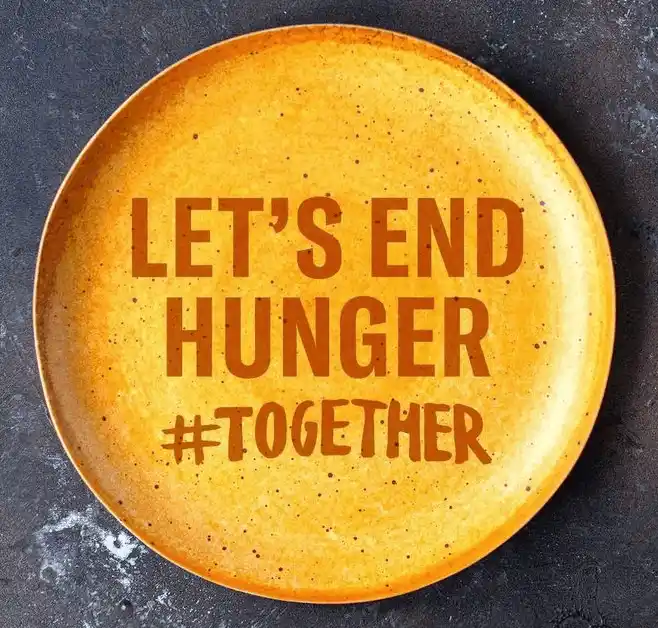How France Became a Global Leader in Food Waste Reduction Strategies

Food waste is a significant issue affecting nations worldwide. Each year, millions of tons of food are wasted, contributing to environmental damage, economic loss, and exacerbating hunger. France has emerged as a global leader in addressing this challenge, offering a model of effective policies and cultural shifts to combat food waste at a national level.
The Scope of France’s Food Waste Crisis
In France, the statistics are staggering. Each year, an estimated 10 million tons of food is lost or wasted. This not only leads to a direct cost of approximately 16 billion euros annually but also has significant environmental implications. The wasted food emits about 15.3 million tonnes of CO2, contributing to 3% of the country’s total greenhouse gas emissions. (Source Link)
The environmental impact is striking, and it serves as a wake-up call for other nations. However, what’s even more encouraging is that France has turned this concern into action. Over the past few years, the country has introduced several policies, regulations, and programs that aim to reduce food waste and make recycling and food redistribution a mainstream practice, exemplifying successful food waste reduction strategies.
Policy Reforms as a Game Changer
France’s success in reducing food waste can be attributed largely to bold legislative actions. The country recognized early on that behavioural changes alone were insufficient, necessitating systemic reforms.
- The Organic Waste Law: In 2012, France enacted a pioneering law targeting businesses generating significant organic waste. Initially applicable to entities producing over 120 tons annually, the threshold has since been lowered to 10 tons, ensuring wider compliance across industries. This has compelled businesses, from restaurants to supermarkets, to adopt waste-reduction measures and embrace recycling initiatives.
- Supermarket Legislation: One of France’s most remarkable achievements in the fight against food waste has been its world-first legislation that bans supermarkets from discarding unsold food. In 2016, France made headlines by introducing a law that forces large supermarkets to donate surplus food to charities or food banks instead of tossing it away. The law applies to supermarkets larger than 400 square meters and mandates that they sign contracts with non-profit organizations to ensure that surplus food is used to benefit the needy.
This law has revolutionized food waste management in France. It ensures that perfectly edible food doesn’t go to waste while simultaneously helping those in need.
A Cultural Shift in Consumer Behaviour
While policy reforms laid the groundwork, France has also encouraged a societal shift toward sustainability. Municipal initiatives, such as Paris’s biowaste recycling initiative, have empowered citizens to participate actively in waste reduction. Households are provided with recycling kits, including containers and guides for effective food waste management.
This initiative turns biowaste into valuable resources such as fertilisers and biofuels, promoting a circular economy. As more citizens embrace these practices, a cultural transformation is underway, normalising sustainability in daily life. This societal shift aligns with the principles of global food security solutions, empowering individuals and communities to contribute to broader food system change.
The Private Sector: Leading by Example
In addition to government action, the private sector has been integral to driving food waste reduction in France. Several businesses in Paris have voluntarily joined initiatives to cut down on food waste. The Paris la Défense business district launched a food waste reduction program, where companies assessed their waste patterns and pledged to cut their food waste in half.
The businesses involved in the program have already seen positive results. These companies began by assessing their food waste and identifying areas for improvement, such as optimizing supply chains, reducing over-ordering, and better managing portion sizes. This collaboration between government and business shows that when both sides work together, the results can be transformative.
Envisioning Global Adoption
France’s model raises an intriguing question: what if other nations followed suit? Globally, about one-third of food produced—1.3 billion tons annually—is wasted. If even 10 countries adopted similar measures, reducing waste by 50%, it could save 650 million tons of food.
This could address global hunger, with over 800 million people facing food insecurity.
Environmental gains would also be immense, as reducing food waste curtails greenhouse gas emissions and resource depletion, contributing to global climate targets. Such widespread action could redefine global food systems, building sustainability and equity.
Why This Matters for Global Food Security Solutions
At the end of the day, the question we must ask ourselves is: why should we care about food waste? The answer lies in the intersection of environmental sustainability, economic efficiency, and global hunger. If France can lead the way in food waste reduction, there is no reason other nations cannot follow suit. After all, the very essence of global change lies in the willingness to adopt new practices and policies that challenge the status quo.
The potential of such widespread adoption is clear: not only can it help end hunger, but it can also mitigate environmental destruction, save billions of dollars, and inspire a new, global approach to food production, consumption, and sustainability. It is a bold vision, but one that is achievable if we take inspiration from France’s policies and ramp up global action.
The question is no longer whether we can make a difference—it’s whether we will. The world is watching, and it’s time to act to ensure global food security solutions are realized for all.
How can other nations adopt France’s food waste strategies to enhance global food security
